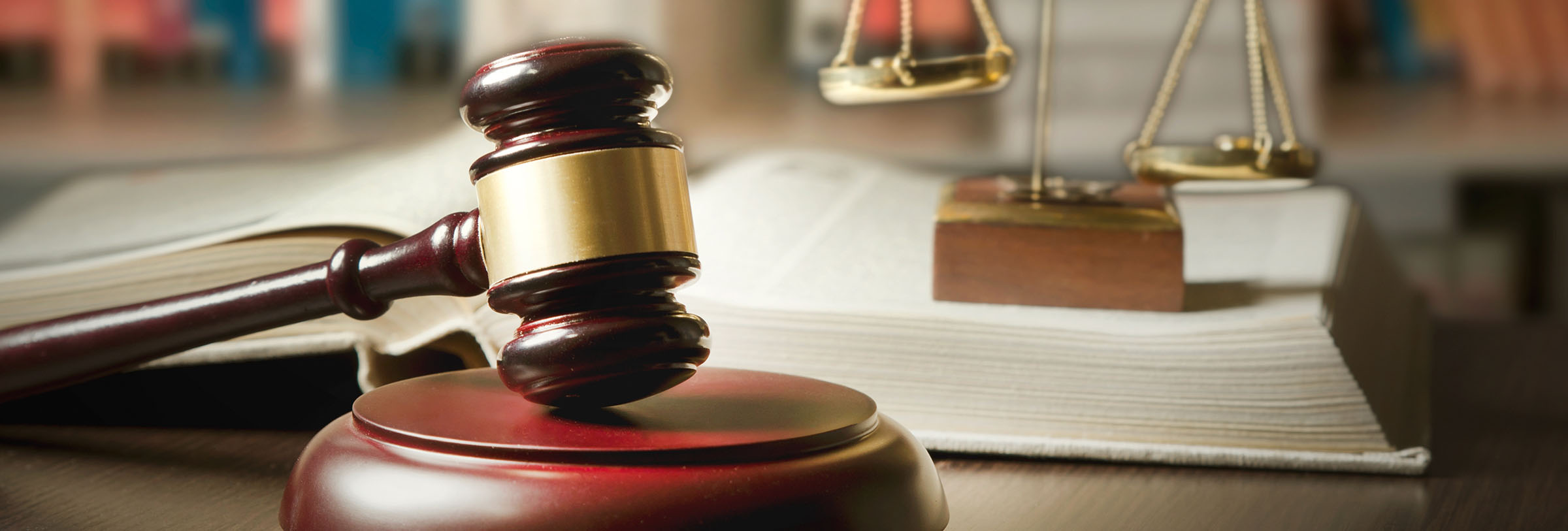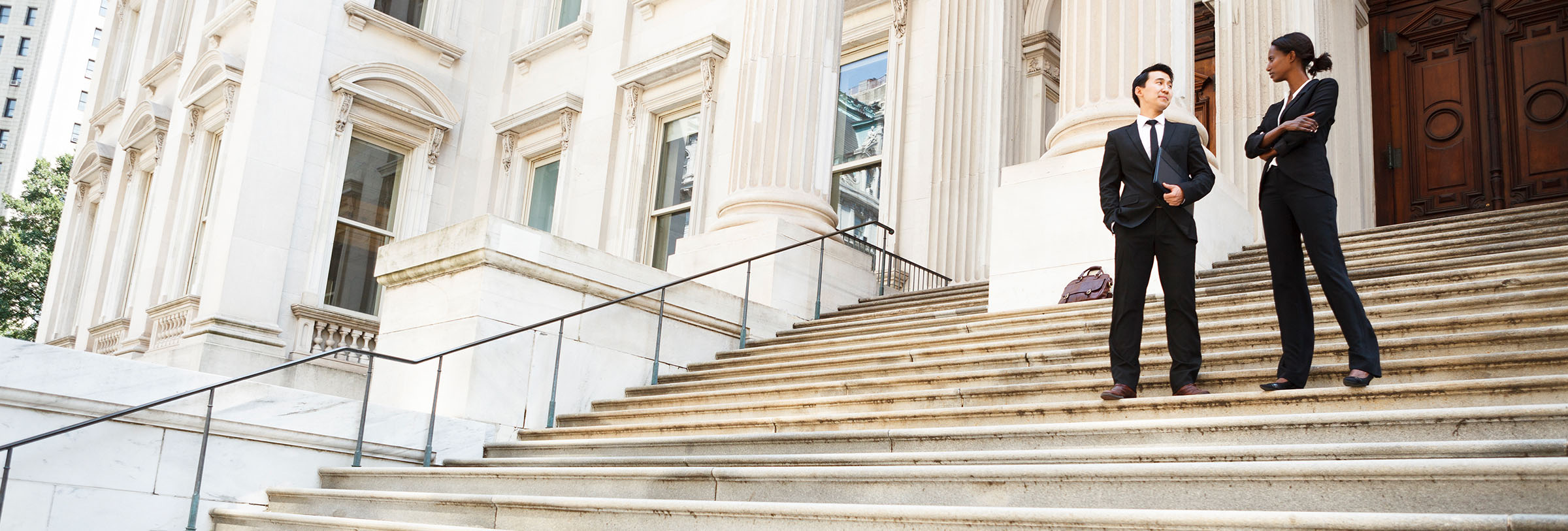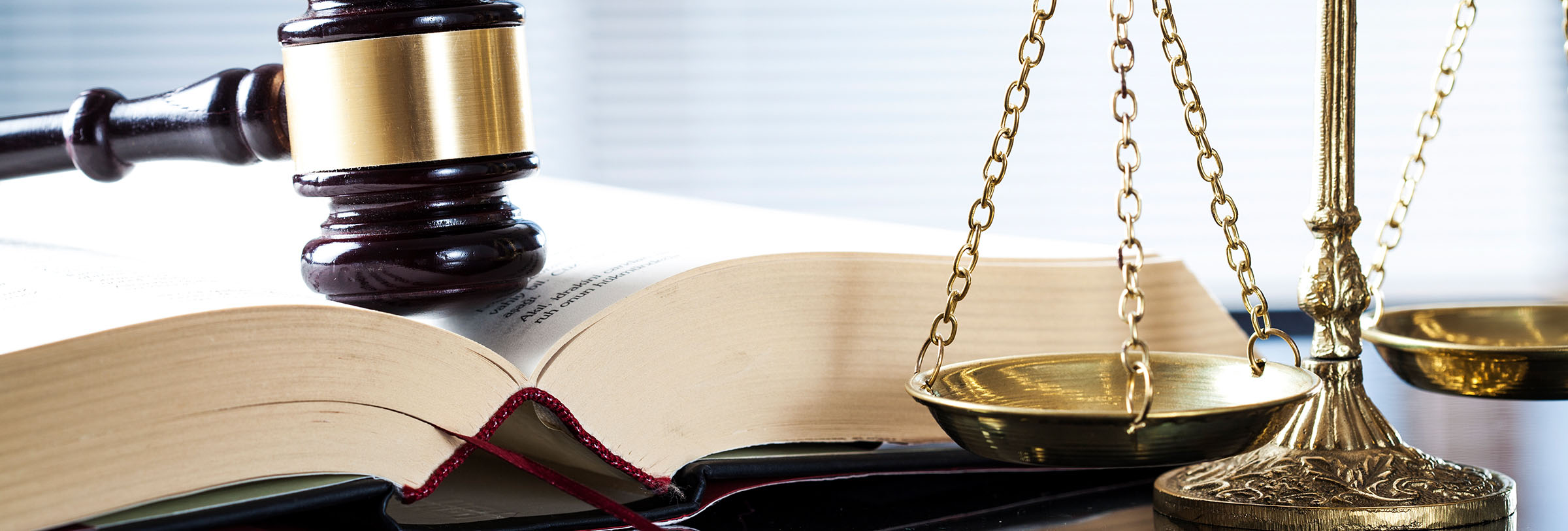DSB successfully obtained a complete defendant’s verdict on liability, at binding private arbitration, on behalf of a homeowner. Plaintiff alleged that our client’s negligence caused her to fall down a flight of stairs leading to the home’s basement. The single arbitrator, a retired Judge, concluded that the cause of plaintiff’s fall was the fact that she mistakenly stepped into the wrong doorway. Instead of stepping onto flooring at the same level as the hallway, plaintiff stepped into the stairs leading to the basement. On cross-examination, plaintiff conceded that she was very familiar with the layout of the home, including the separate and distinct doors to the first-floor bathroom and basement. She also acknowledged that nothing obscured her vision from being able to see what was in front of her when she mistakenly opened the basement door. The Judge fully adopted our legal arguments, in rendering an award in favor of our client dismissing the complaint.
Author: admin
February 5, 2019
DSB won a summary judgment motion on behalf of a Queens County property owner. Plaintiff injured herself when she slipped and fell on an ice condition that existed on the sidewalk near the property line of the owner’s property and an adjacent property. The property owner established, through use of a surveyor’s testimony, that he did not own the property abutting the fall location on the public sidewalk and he did not maintain or cause to be maintained the area of the sidewalk where the ice condition existed.
January 15, 2019
DSB was successful in obtaining a determination of no probable cause from the New York State Division of Human Rights on behalf of a school district charged by the complainant with discriminatory practice relating to her employment on the basis of sex and familial status. The Division found that the District’s actions following complainant’s return from pregnancy leave were not discriminatory, and in fact found that the District acted “with prudence”. The complainant’s claim was dismissed.
December 20, 2018
DSB won a summary judgment motion on behalf of a Suffolk County school district. Plaintiff, a special needs student, was injured while attending a special needs/alternative placement class, which was not under the direction or control of the school district. The district established that while it had arranged for the infant plaintiff to attend classes at said facility, the district did not own, operate maintain or control the building, nor was it required to supervise/train staff at the alternative school.
December 12, 2018
The firm won an appeal before the Appellate Division Second Department where it challenged the finding of the trial court which had previously held that the Dignity for All Students Act (“DASA”) conferred a private right of action to potential plaintiffs. By way of this opinion, the Second Department now joins the Third Department in finding that DASA does not create a private right of action in favor of a student injured by a school’s failure to enforce its policies prohibiting discrimination and harassment. The decision is a significant victory for public school districts, given the increasing trend of plaintiffs who are relying on DASA to allege a separate cause of action under the statute.
December 5, 2018
The Appellate Term, Second Department, has recently decided that a dismissal by the Southampton Town Justice Court of four accusatory instruments charging a defendant sand and gravel mine with violating the Southampton Town Code was made in error, and the Court reinstated the charges. The defendants had argued, in obtaining the Justice Court dismissal, that the Town’s regulation of land use activities violated the supersession clause of the New York State Mined Land Reclamation Law, which they argued preempted the authority of the Town to regulate mining and ancillary activities via local zoning rules. Devitt Spellman Barrett argued on behalf of the Town, and the Court agreed, that the defendants’ receipt and processing of road debris, including concrete and asphalt, were unrelated to mining under the State statute at issue and therefore not preempted.
November 30, 2018
DSB successfully moved for summary judgment In the Supreme Court, New York County, on behalf of a Manhattan store owner in an action brought by a Plaintiff pedestrian, who was injured on a public sidewalk when he tripped and fell on a defect on the sidewalk. DSB argued that the shop, a tenant occupying one of two commercial spaces, owed no duty to the pedestrian to keep the sidewalk in a reasonably safe condition. The Court agreed and further found that there was not enough evidence to prove that the alleged defect was located in front of the tenant’s shop, thus eliminating any cross-claims pursuant to the shop’s lease with the landlord.
November 30, 2018
The firm prevailed in the state Division of Human Rights where it defended a public school district in an age discrimination claim filed by a food service worker. The complainant alleged that she was involuntarily transferred as a result of the district’s animus toward her age. The firm was able to show that the transfer came as a result of the complainant’s conduct and established, through the use of the District’s employee demographics, that age was not a factor in the employment decision. The Division agreed and dismissed the Complaint.
November 26, 2018
DSB was successful in moving to dismiss claims against its client which was an out-of-state wholesaler of “vapor” products. Plaintiff was allegedly injured when his “vape device” suddenly exploded in his pocket; he commenced suit against the retailer where he allegedly purchased the device. The retailer then brought third-party claims against the wholesaler of a component part, claiming that it was provided a defective battery for the device. The Court, in dismissing all claims, found that plaintiff could not definitively establish where he bought the device or the battery allegedly involved, thus precluding any products liability and/or breach of warranty claims.
November 13, 2018
DSB won summary judgment on behalf of the Town of East Hampton dismissing a CPLR Article 78 proceeding which sought to nullify a local law which prohibited a take-out food store as a second principal use or an accessory use on a property zoned for transient motel or resort use. The Supreme Court agreed that petitioner’s various challenges to the law lacked merit.





